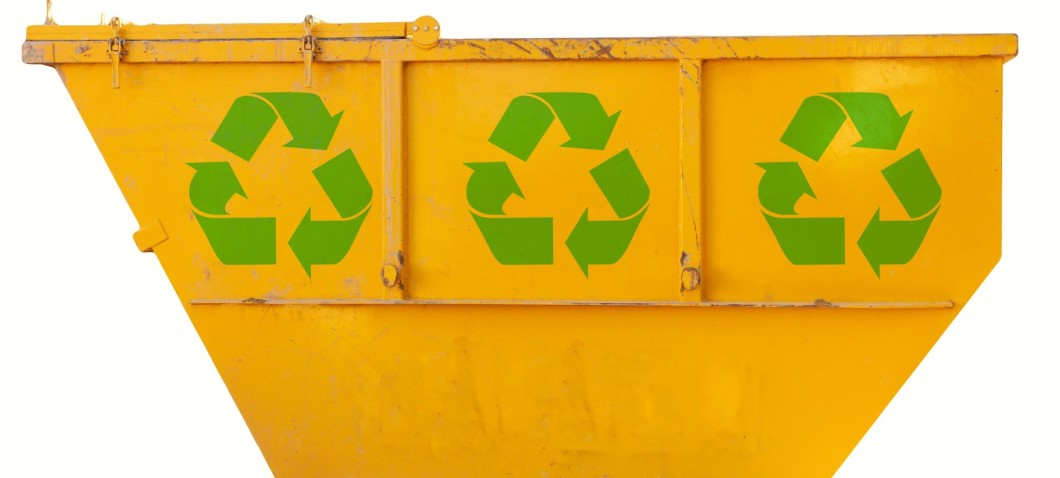
Are You Recycling Your Construction Waste?
Make A Difference By Recycling Your Construction Waste
By 2015, if you have not heard that you should be recycling your personal waste, you have probably been living under a rock. Did you know, though, that in the United States the waste from construction makes up nearly one third of our national waste? Consequently, recycling is equally important for construction businesses as it is for individuals. To help you with recycling your construction waste, we offer these tips.
- Reuse It: The most effective way to recycle your construction waste is to implement it into a different building project. Say, for example, that you have lumber cut-offs after a wood-framed construction project. Save them and use them in the future as spacers or for fire blocking. Leftover tile can be converted to a backsplash in a smaller kitchen. Start looking for ways to reuse your materials, and you will be surprised how many opportunities you find.
- Rely On Standard Dimensions: Whenever possible, build to standard dimensions. The more you can reduce your need to cut or adapt materials, the more waste you will save. Plus, when building to standard dimensions the leftover materials will be easier to fit to future projects also built to these dimensions.
- Realize The Power Of Deconstruction: The construction industry has long relied on demolition when repurposing a property, but by opting instead for deconstruction you make it possible to preserve the materials used in the building. Look for organizations who will remove undamaged items to use in social housing projects. There may also be tax advantages to your client for repurposing those materials.
Recycling your materials can help you reduce waste. As you make this effort, let the experts at Built Insurance Brokerage help you reduce the amount of money you are wasting on your insurance coverage. We have experience offering maximal coverage to people in the construction industry at minimal cost. Contact our team of California insurance specialists today to learn more about how you can save on your policies. You have to pay for your insurance coverage, but you should not have to pay too much!
